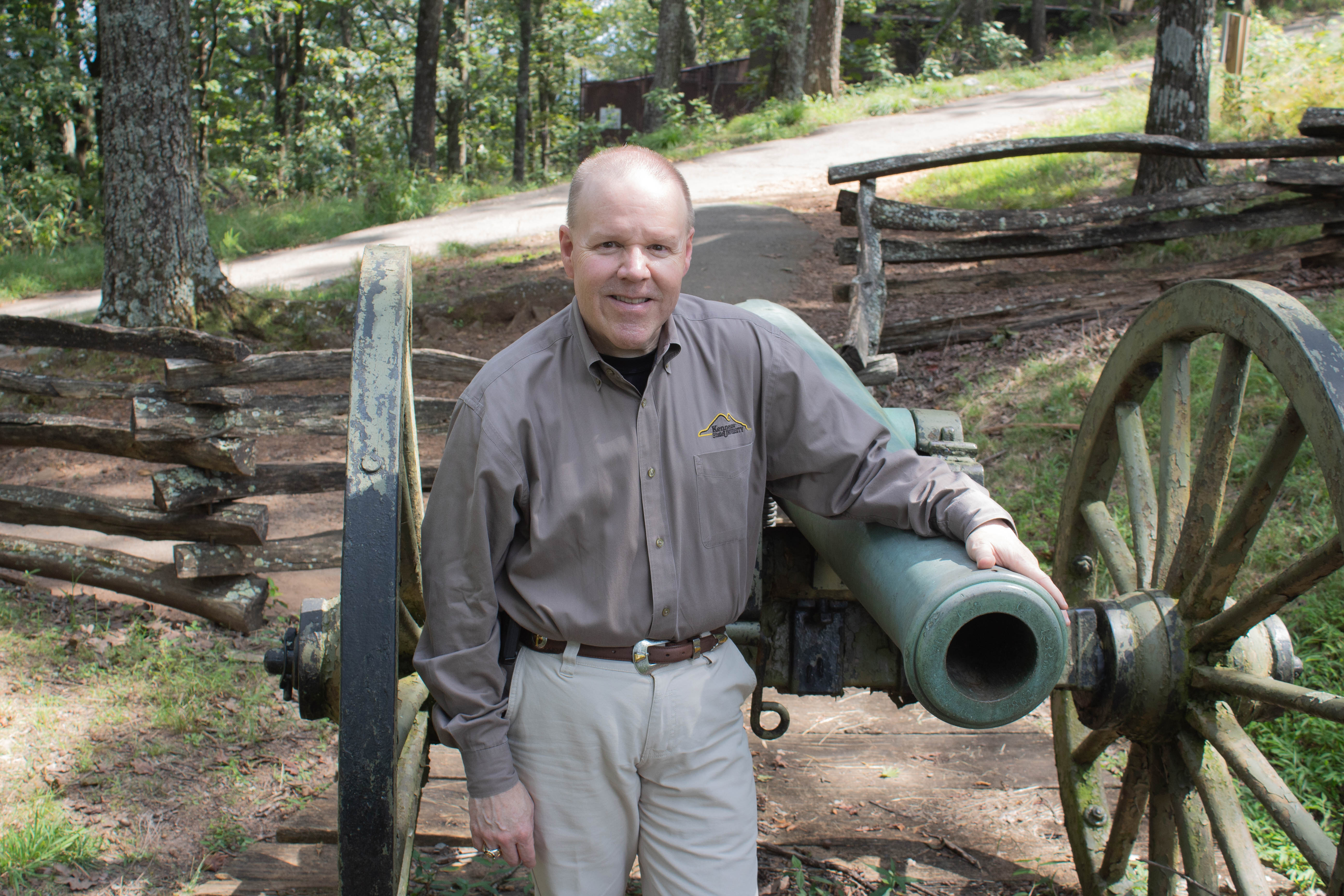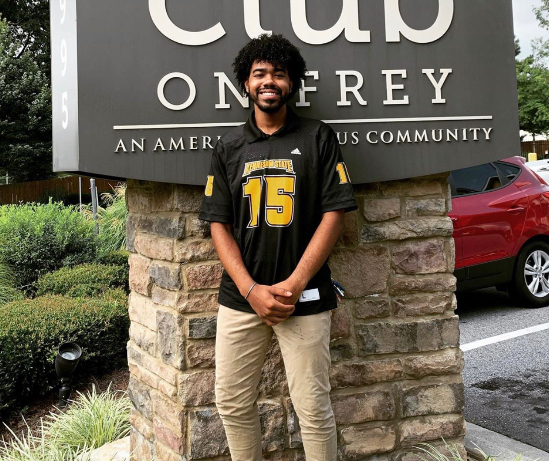Kennesaw State instructor with the College of Continuing and Professional Education and Civil War historian, Michael K. Shaffer, is set to share the stories of one soldier for the first time in his upcoming book, “In Memory of Self and Comrades.”
The book focuses on the life of Thomas W. Colley, a Confederate soldier in the First Virginia Cavalry Regiment. Serving in most of the major battles in the Eastern Theater, this specific calvary regiment was one of the most famous units participating in the Civil War.
Shaffer never considered publishing a biography of Colley until July 2016 when he visited Washington Chapel United Methodist Church, where he gave a speech. Colley, as it happened, was buried there over a century ago.
At the church, a descendant of Colley shocked Shaffer by providing him volumes of Colley’s unreleased journals. Shaffer said he spent two years transcribing, editing and annotating Colley’s writings for the book.
The material provided by Colley’s descendants included original photos of Colley, including one taken on his wedding day.
Shaffer spoke with The Sentinel about his experience gathering research and artifacts for the book.
“After studying Colley for two years, I learned a lot of things you would not expect,” Shaffer said. “Like what soldiers experienced during downtime, accidents in camp, fighting among soldiers in camp and certainly about how soldiers struggled to recover from wounds, in order to return to their unit and contribute to the war effort.”
During the Civil War, Colley wrote about hospital conditions, his fellow comrades and his recovery from injuries obtained in their numerous battles.
Despite losing his left foot during the Battle of Haw’s Shop, the most impactful moment of Colley’s life was receiving a near-fatal wound during the Battle of Kelly’s Ford in March 1863. As Colley lay dying, he told his Confederate comrades to take all of his useful things and leave him behind, according to the transcribed writings.
To the surprise of his cavalry, Colley was saved by a member of the 16th Pennsylvania Cavalry and returned to safety to heal.
After the war, Colley wrote about the economic and social conditions of his day, namely the struggle to overcome poverty and his post-war conflicts with what we today know as PTSD.
“PTSD was not understood back then as it is today,” Shaffer said. “They frequently labeled PTSD after the Civil War as ‘melancholy.’”
“In Memory of Self and Comrades,” published by the University of Tennessee Press, is scheduled to release in October 2018.
Those interested in learning more about the Civil War can order a copy of Shaffer’s book at all online bookstores, or from the publisher’s website.
For the sake of disclosure, this article has been updated since its original publishing to correct errors.



